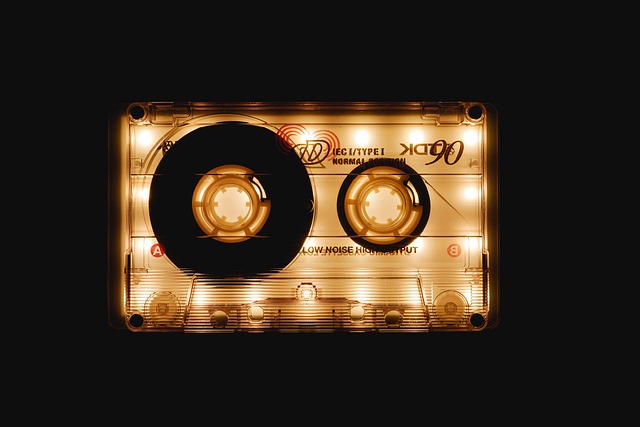When we think about the evolution of rock music, we can’t ignore the instrumental role that radios have played in shaping its culture. From the crackly sound of AM stations to the crisp, digital tunes of online radio, these devices have been a steadfast companion to rock fans across generations. As rock music emerged in the 1950s, radios became the lifeline that connected artists to audiences, broadcasting the rebellious anthems of their time and fueling a cultural revolution.
In a world where musical genres constantly collide, the radio has served as a platform for experimentation. It introduced listeners to a variety of rock styles, from the electrifying riffs of classic rock to the raw energy of punk and the intricate sounds of progressive rock. Each genre resonated differently with audiences, sparking parties where people gathered around radios or portable speakers, singing along to their favorite tracks and losing themselves in the rhythm. Those impromptu jam sessions and lively gatherings showcased the powerful bond that music can forge among friends and strangers alike.
The significance of radios extends beyond mere music; they are a cultural phenomenon. They have the ability to shape musical tastes, spotlight emerging artists, and even influence societal trends. Tunes broadcasted on popular rock stations often became the soundtrack to the cultural upheavals of the time. Just think of the summer of love, when the airwaves were saturated with the sounds of peace and revolution, or the grunge explosion of the early ’90s that swept through the air, pulling a generation together under the banner of raw authenticity. Radios turned these movements into palpable experiences that transcended mere listening.
Parties fueled by rock music often rely heavily on the energy of the airwaves. A great playlist, curated from various radio hits, can define the atmosphere of any gathering. Imagine a summer backyard barbecue filled with laughter, cold drinks, and the unmistakable sound of classic rock blasting from the speakers. It’s not just music; it’s lived experience, and the radio enables those moments, bringing people together under a shared love for the sounds that defined their youth.
Moreover, the rise of internet radio has opened the gates to a global audience, allowing listeners to explore rock music from all corners of the world. This evolution has encouraged cross-cultural collaboration and innovation within the genre. Today, rock enthusiasts can discover underground bands and international acts that they might never have encountered through traditional channels. Radios have become digital avenues for independence, letting every aspiring rock musician reach listeners without needing a major label behind them.
As we explore the impact of radios on rock music culture, one thing becomes abundantly clear: radios are more than just devices; they are vessels of creativity and connection. Whether it’s kicking back in your living room, flipping through channels, or tuning into a live stream while on the go, radios have the power to elevate our listening experience. They remind us of the passion that ignites when we hear a guitar riff that makes our heart race or a lyric that echoes our innermost feelings. Rock music will continue to evolve, but the role of radios in navigating this journey remains as vital as ever.




